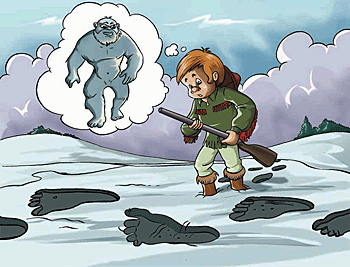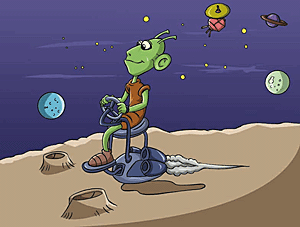podo-, pod-, -poda, -pod, -pode, -podium, -podia, -podial, -podous, -pody
(Greek: foot, feet)
isopod
Any member of the order Isopoda (an order of crustaceans with a flat body that includes sowbugs, pillbugs, and wood lice).
lagopodous
Having feet like those of a hare; having the foot thickly covered with feathers or fur.
lassipodia
A condition marked by tired feet.
leptopodia
A condition of having slender feet.
lycopod
Any creeping or erect, mosslike plant.
macropod
Long-footed; a long-footed animal, e.g. a spider-crab.
macropodia
Abnormally large feet; excessive size of the feet. Also, megalopodia and pes gigas.


metapodialia
Any of the bones of the metacarpus or metatarsus.
metapodium
1. The posterior portion of the foot of a mullusk.
2. The middle region of the foot, either in vertebrates or invertebrates.
2. The middle region of the foot, either in vertebrates or invertebrates.
micropod, micropodia
Abnormal smallness of the feet.
micropodal
A reference to abnormal smallness of the feet.
monopod, monopode, monopodium
1. Having just one foot.
2. A creature having only one foot; specifically, one of a race of men fabled to have only one foot, with which they shaded themselves from the heat of the sun .

2. A creature having only one foot; specifically, one of a race of men fabled to have only one foot, with which they shaded themselves from the heat of the sun .

monopodia
In medicine, a malformation in which only one foot is externally recognizable.
1. A class of arthropodous animals, comprising the centipedes and millipedes.
2. A member of the Myriapoda; a centipede or millipede.
2. A member of the Myriapoda; a centipede or millipede.
Myriapoda (pl) (noun)
A superclass of arthropods, including the classes Chilopoda (centipedes) and Diplopoda (millipedes).


